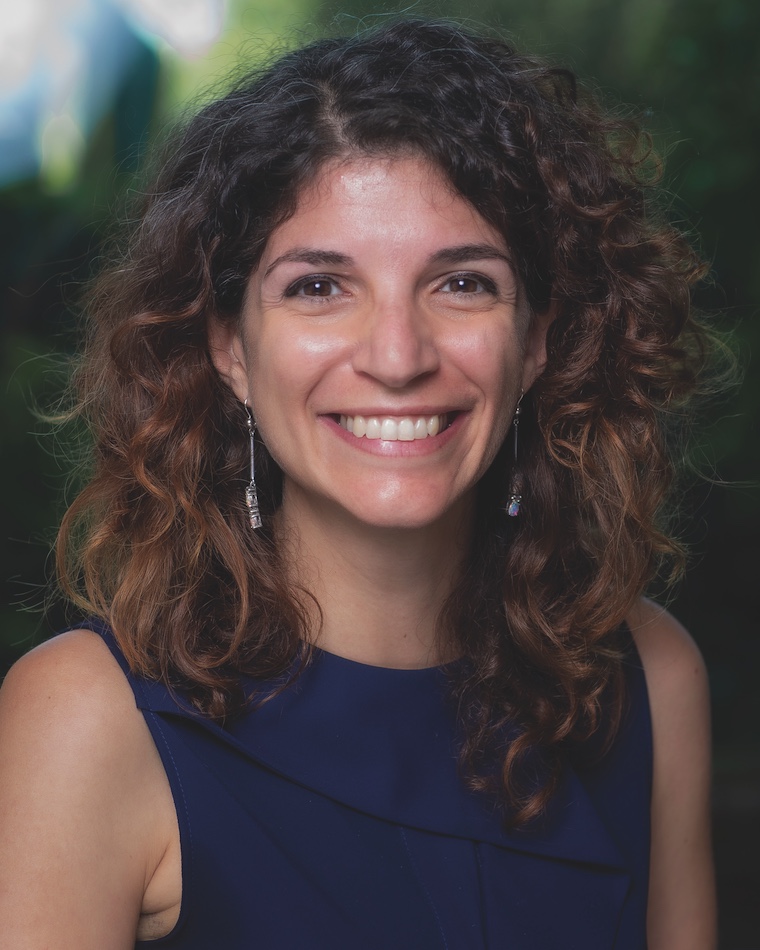LA JOLLA—Instructor Alba Grifoni, PhD., an infectious disease researcher at La Jolla Institute for Immunology (LJI), has received the Embassy of Italy Award to Honor Young Italian Researchers for Research to Fight COVID-19 from the Italian Scientists and Scholars in North America Foundation (ISSNAF). The award honors Grifoni’s significant advances in understanding how the immune system responds to SARS-CoV-2, the virus that causes COVID-19.

Grifoni works to predict how immune cells respond to viruses. Since January, she has studied how the body’s T cells recognize and target SARS-CoV-2. This research has advanced our understanding of how the immune system can fight off the virus and develop immunity.
“I’m really honored,” says Grifoni. “I also want to acknowledge the teamwork that was behind this science.”
Grifoni, who was born in Rome, works in the lab of fellow Italy native Alessandro Sette, Dr. Biol. Sci., a professor at LJI. Grifoni explains that the lab has always aimed to establish strong international collaborations. Before the pandemic, Grifoni had worked with scientists overseas to better understand the impact of dengue virus. At the time that COVID-19 started spreading rapidly, Grifoni and Sette immediately began collaborating with scientists in Italy, one of the countries first hit hardest by the virus.
“It was very important also to share differences in our science and our perspectives,” says Grifoni. “I think it really enriched my research.”
In May, Grifoni served as first author of the first detailed analysis of immune response to SARS-CoV-2. This paper—which was one of several high-impact COVID-19 papers Grifoni co-authored this year—has earned the recognition of being the highest cited study in the field of immunology in the last 12 months.
ISSNAF award presenter Camillo Ricordi, M.D., also cited Grifoni’s co-discovery that 50 percent of people not exposed to SARS-CoV-2 already have T cells that can recognize the virus, likely due to previous exposure to common cold coronaviruses. This Science study, a collaboration with Sette, LJI Professor Shane Crotty, Ph.D., and LJI Assistant Research Professor Daniela Weiskopf, PhD., could help explain the dramatic range in severity in COVID-19 cases.
“This work was both timely and important,” said Ricordi.
Grifoni says ISSNAF has already helped further fuel her research by featuring her work in a virtual symposium, where she connected with other Italian scientists working on COVID-19. “It was good to hear their feedback, and I believe that will also help us establish future collaborations,” says Grifoni.





